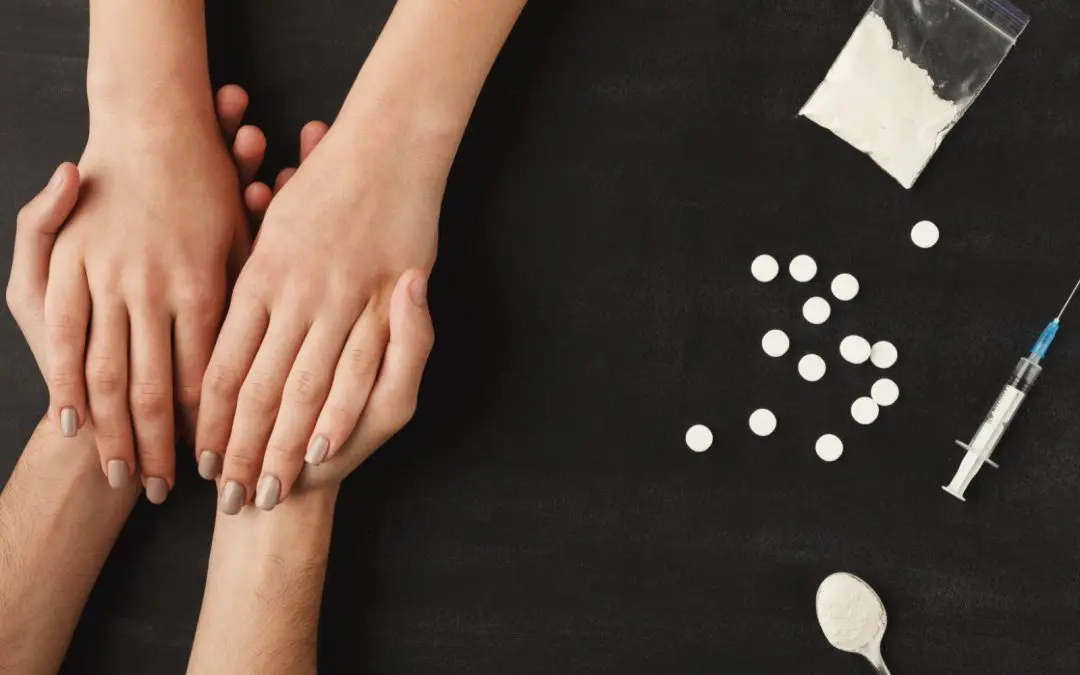24/7 Helpline:
(866) 899-111424/7 Helpline:
(866) 899-1114
Learn more about Opiate Detox centers in Boiling Springs
Opiate Detox in Other Cities

Other Insurance Options

American Behavioral

Evernorth

Optum

EmblemHealth

Lucent

CareSource

WellCare Health Plans

GEHA

UMR

Holman Group

Molina Healthcare

BHS | Behavioral Health Systems

Meritain

Group Health Incorporated

Providence

Amerigroup

Cigna

Carleon

Horizon Healthcare Service

Sutter






















